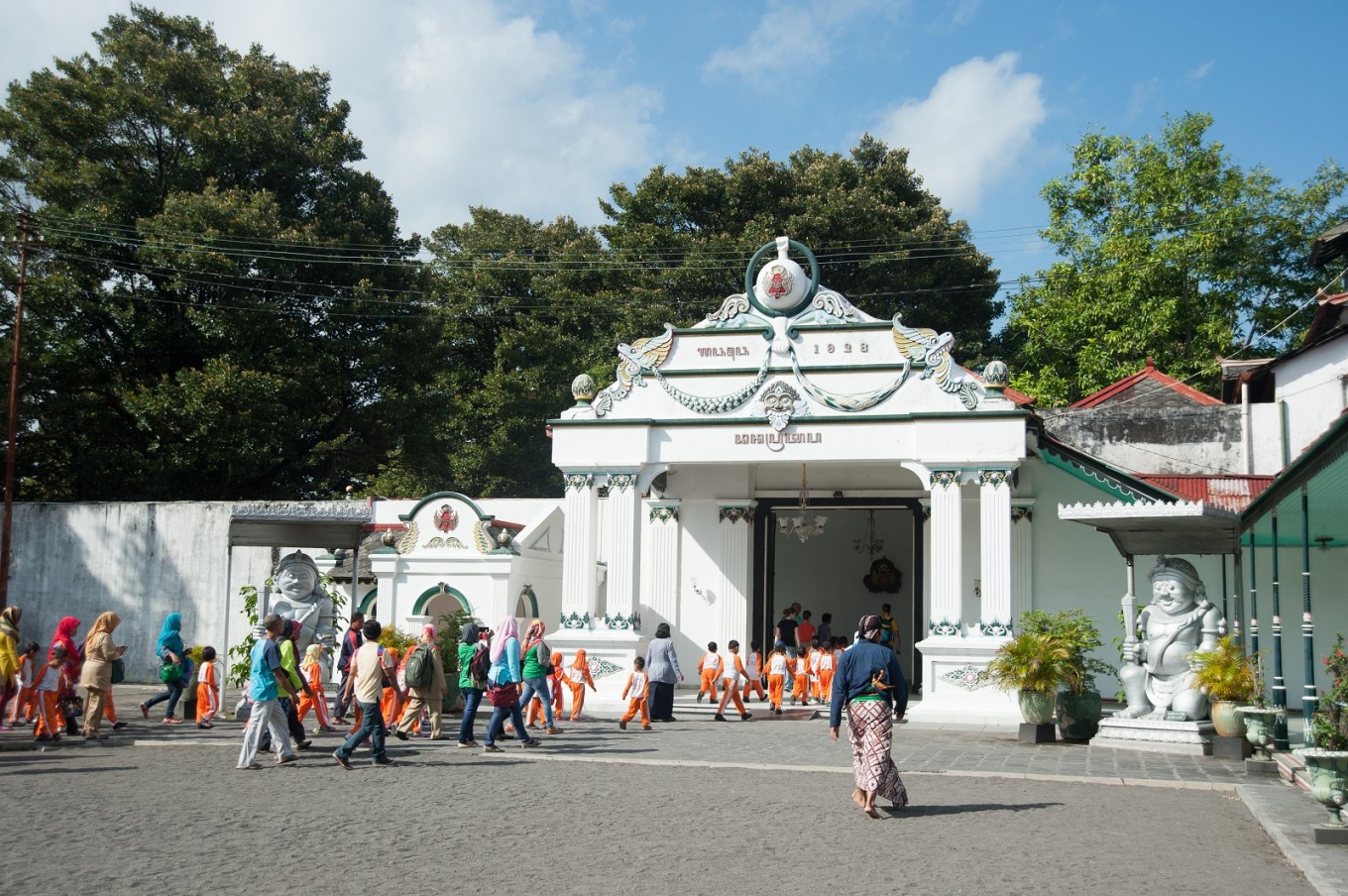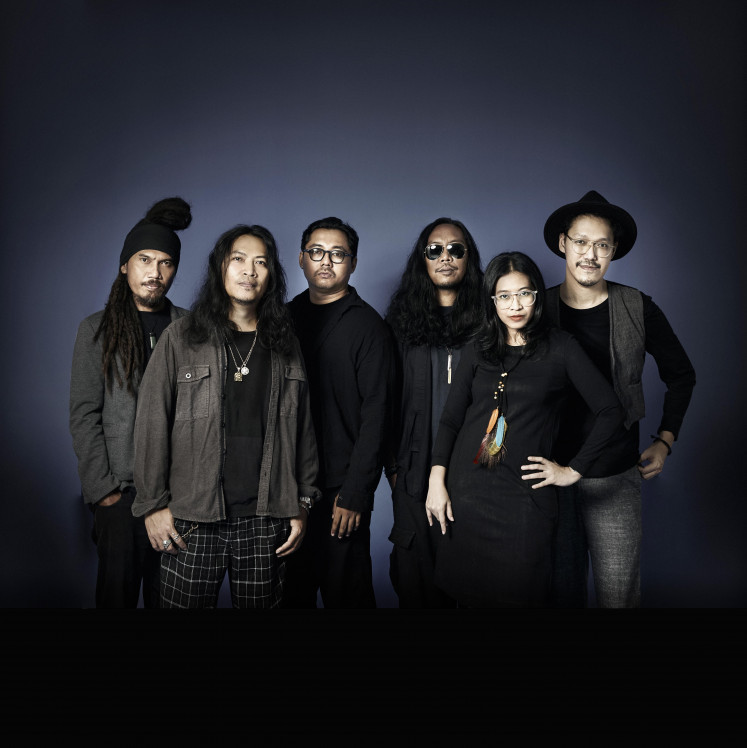Hundreds of palaces still in existence in Indonesia
The archipelago royals are striving to preserve cultural values and heritage.
Change Size
 Tourists visit Sultan Palace, also known as Kraton Ngayogyakarta Hadiningrat, in Yogyakarta, Indonesia. (Shutterstock/Lano Lan)
Tourists visit Sultan Palace, also known as Kraton Ngayogyakarta Hadiningrat, in Yogyakarta, Indonesia. (Shutterstock/Lano Lan)
M
ost Indonesians are aware that there are palaces in certain areas such as Yogyakarta and Surakarta in Central Java, and Cirebon in West Java. The fact is, however, almost all provinces in Indonesia have palaces.
“Indonesia’s Investigating Committee for Preparatory Works for Independence (BPUPKI) has stated that there were 250 palaces still in existence on the archipelago,” said Pangeran Raja Arief Adipati Natadiningrat, the Sultan Sepuh of Cirebon, who is also chairman of the Forum of Archipelago Palace Gathering (FSKN), to KompasTravel at the Tourism Ministry in Jakarta on Tuesday.
The data revealed that almost every province in Indonesia has their royal families who passed on cultural traditions. The provincial royals in Indonesia spread from the Kesultanan Aceh (Sultanate of Aceh) on the westernmost tip of the archipelago, to the Palace of Papua Barat on the easternmost tip. The sultanate and the palace were seen active in 1948.
Prior to Indonesia’s independence, the majority of the palaces were no longer reigning, but still influential enough to preserve culture and tradition among their people. Today, only as many as 54 palaces are still registered and in existence. Many of them are struggling to maintain their existence and preserve their heritage.
“Many factors have caused the falls of the kingdoms a long time ago. The kingdoms no longer bear political power, and there are no economic resources anymore,” the Sultan Sepuh of Cirebon explained. An act of cultural preservation in 2010, however, raised hope among the royals to be able to maintain assets in the palace.
“Having the government to notice and admit our presence, there is an opportunity to gain more income from other sources apart from the independent bodies,” the sultan said.
In order to stay connected and empower each other, the FSKN will conduct the fifth Festival of Palaces and ASEAN Indigenous People (FKMA). This year, the festival will take place from Oct. 27 to 31 in Sumenep regency, East Java. Preceding the festival, a road trip to palaces in five destinations will be conducted, namely Surakarta in Central Java, Medan in North Sumatra, Mempawah in West Borneo, Ternate on Moluccas Island, and Denpasar in Bali. The events will culminate in Sumenep regency, Madura Island.
“Sumenep was chosen to host the main event considering that they have a well-maintained palace in East Java until today,” said Pangeran Raja Arief. He was quoted by KompasTravel when attending the launch of the festival at the Tourism Ministry in Jakarta on Tuesday.
Arief said several activities had been scheduled for the main event, namely the archipelago palace forum, palace culture carnival, art performances, heirloom exhibition and palace culture exhibition.
The regent of Sumenep, A. Busyro Karim, as the host of FKMA-V/2018 main event, said the event was expected to be more appealing to travelers as it is also promoting the Pesona Indonesia and Wonderful Indonesia campaigns.
“We will recommend guests and delegates stay on Gili Iyang island, which is the island with second-richest level of oxygen in the world,” added Karim, also a board of expert member and advisor of the event.
Read also: Jokowi asks Indonesia's royals to develop heritage tourism
Indonesia is now the country with the most palaces in ASEAN.
“Indonesian palaces should become a source of knowledge, cultural values and a means to boost economic growth, apart from becoming prime travel destinations,” Arief concluded. (mut)









